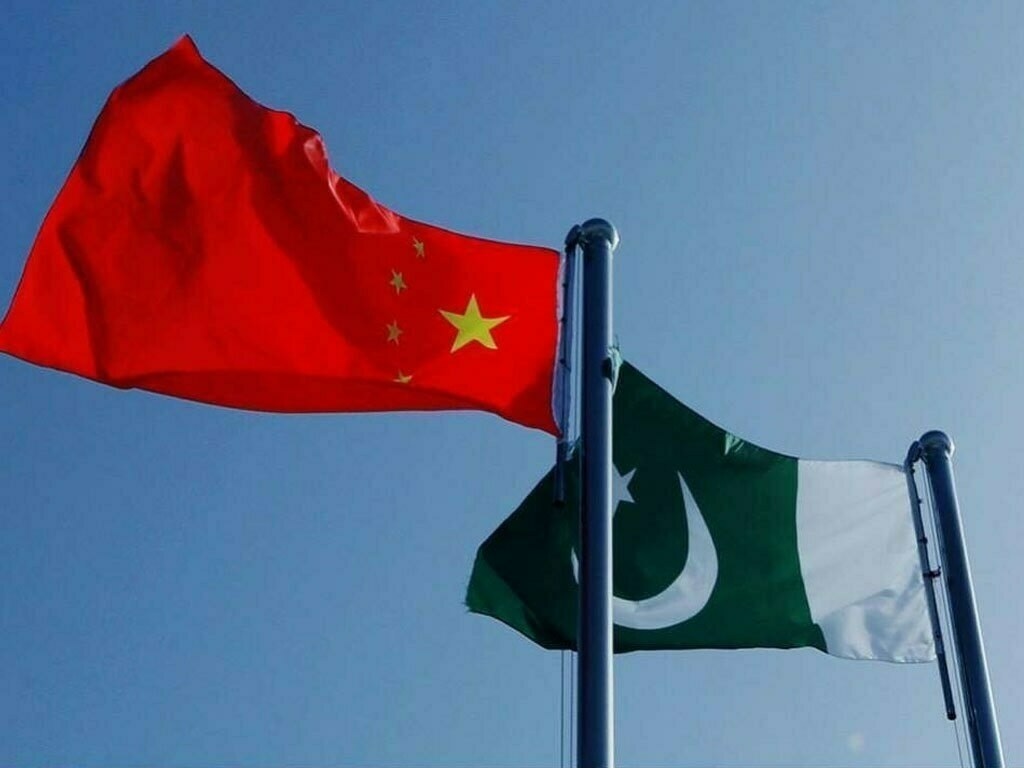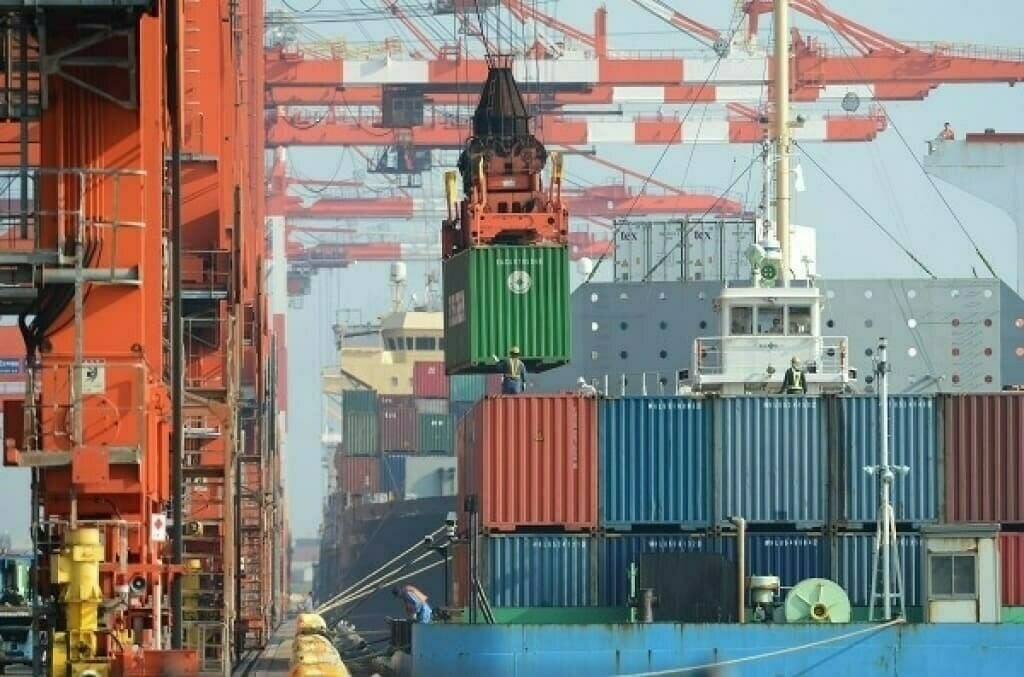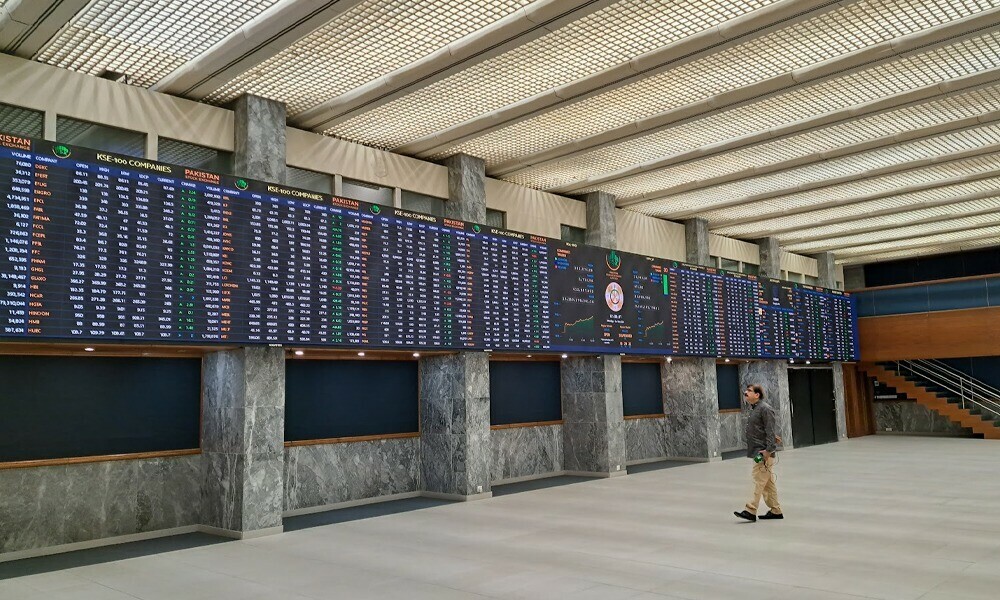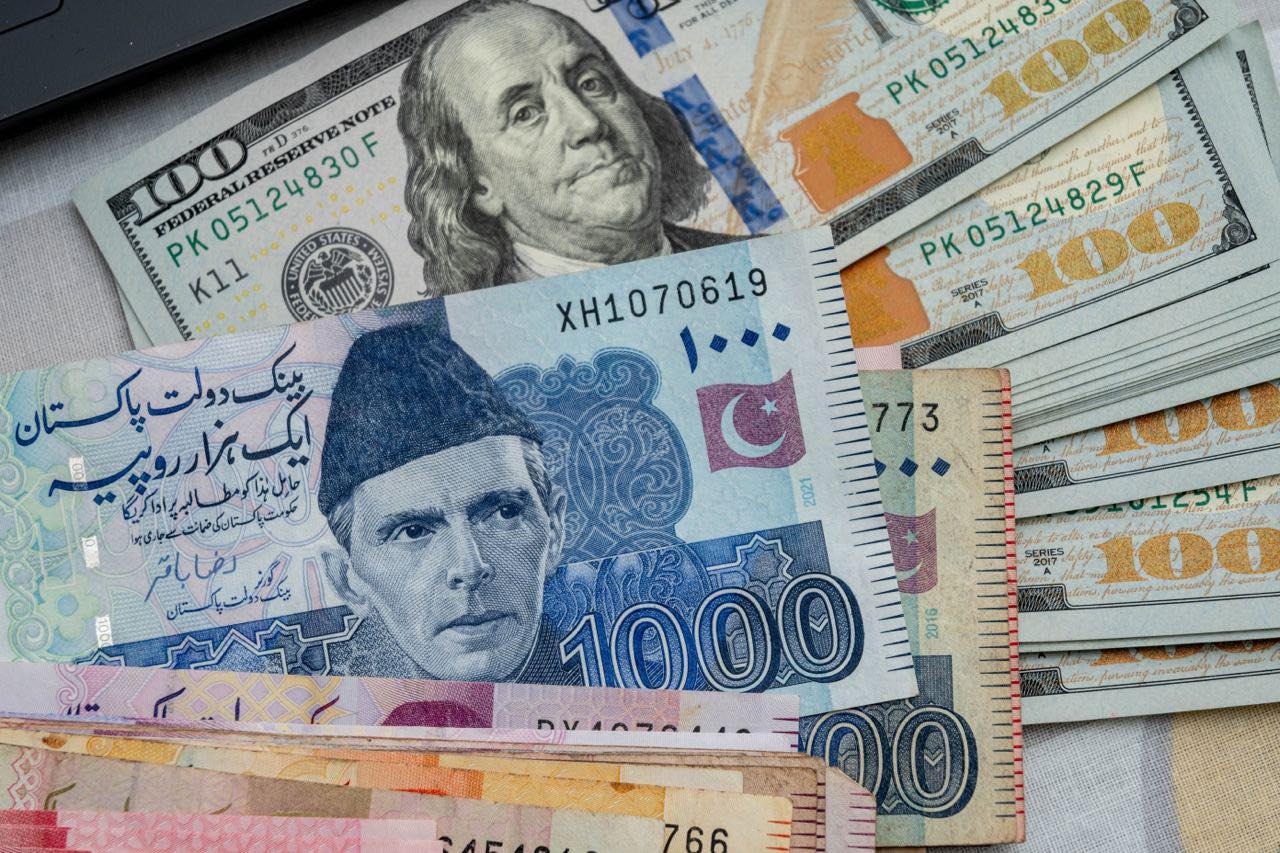PTBP Web Desk
Over 50 Chinese companies are set to invest $1.4 billion in Sindh, targeting key sectors such as healthcare, agriculture, food, energy, and fertilizers. This announcement highlights Sindh’s growing appeal as a destination for international investment.
The Sindh Investment Conference, held in collaboration with the Sindh government and Global Ventures, brought together major stakeholders at a local hotel on Thursday. During the event, Meng Xiaowei, head of the Chinese delegation, and Muhammad Idrees Gigi, CEO of Global Ventures, revealed the investment plans. Delegations from 12 companies have already arrived, marking the initial phase of this large-scale initiative.
The Sindh government assured robust security measures for all Chinese investors. This commitment aims to foster a safe and conducive environment for economic collaboration, enabling long-term partnerships.
A state-of-the-art Medical City will be established near Dhabeji on 300 acres of land, with Chinese investors contributing $1 billion. This transformative project will unfold in three phases over seven years, with the first phase set for completion in 2.5 years. The Medical City will feature:
- Research and training centers
- Pharmaceutical production units
- Facilities for manufacturing surgical equipment
- Full transfer of technology to Pakistan
This initiative is expected to elevate Pakistan’s healthcare infrastructure significantly.
Chinese companies are also eyeing Pakistan’s food export potential. Idrees Gigi noted that China imports $105 billion worth of food annually from countries like Brazil and Argentina. With Pakistan’s entry, this figure could grow by $5 billion within two to three years. Key export commodities include:
- Beef
- Mutton
- Seafood
These efforts align with Pakistan’s ambitions to tap into global markets and strengthen its agricultural economy.
Advancements in Transport Infrastructure
The Sindh government is collaborating with Chinese investors on several transport projects, including:
- Electric Buses and Taxis: Plans to introduce 200 electric buses and 10,000 taxis.
- High-Speed Train: A proposed high-speed train will connect Karachi and Sukkur, reducing travel time to just 2.5 hours.
These projects aim to modernize Sindh’s transport system and enhance connectivity across the province.
A Chinese company plans to utilize advanced coal-powered technology to establish a fertilizer production facility on 200 acres in Thar. This initiative will boost Sindh’s industrial output and contribute to the agricultural sector’s growth.
Chinese investors will manufacture 2.1 million solar panels, each with capacities ranging from 2 to 5 kilowatts. These panels will be distributed to underprivileged communities through the Sindh government, addressing energy deficits in remote regions.
To improve Sindh’s agricultural productivity, Chinese companies will:
- Invest in fertilizers and seeds
- Introduce modern farming techniques
- Focus on livestock development
These measures aim to revolutionize the agricultural sector, ensuring sustainable growth.President Asif Ali Zardari met with the Chinese delegation to express full cooperation and emphasize China’s role as a key investment partner. Idrees Gigi announced that more Chinese companies are expected to visit Sindh next month, accelerating economic activities in the province.
The conference began with a seminar featuring key stakeholders who discussed Sindh’s dynamic investment climate. Notable remarks included:
Syed Qassim Naveed Qamar, Special Assistant to Chief Minister on Investment, highlighted Sindh’s strategic advantages, abundant resources, and commitment to sustainable industrial growth.
Sharjeel Inam Memon, Provincial Minister for Transport and Information, emphasized transparency and the provincial government’s efforts to facilitate investors.
Syed Nasir Hussain Shah, Minister for Energy, discussed infrastructure development and urban planning as cornerstones of Sindh’s economic transformation.




